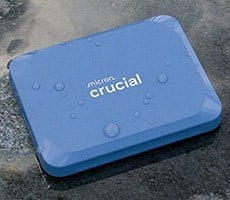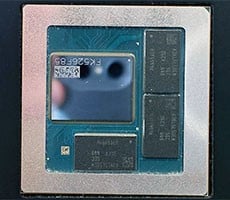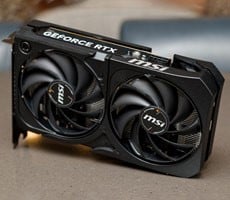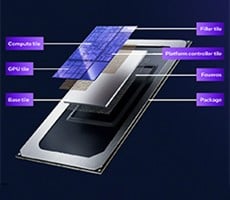CES 2010 Highlight Wrap-Up In Pictures and Video
The Consumer Electronics Show in Las Vegas gets the year going in the right direction for everyone in the high tech industry. It allows manufacturers to showcase their current products to thousands of media outlets, as well as give a sneak peak at impending launches all the while creating buzz and excitement among consumers. And yeah, It's not bad for a few thousand press folks like us as well.
Although we already showed you several noteworthy products in our various CES Showcase, there's still a bit more to cover. Companies tend to go all-in during CES and show us more exciting hardware than we can analyze in just one or two articles. Here's a wrap up to our CES 2010 coverage that includes spotlights on Intel, Asus, Gigabyte, EVGA, MSI, Dell, OCZ, CyberPower, Toshiba, Sony and more.
First we'll tee up a little video reel for you, then you can browse the still shots and color commentary at your leisure...
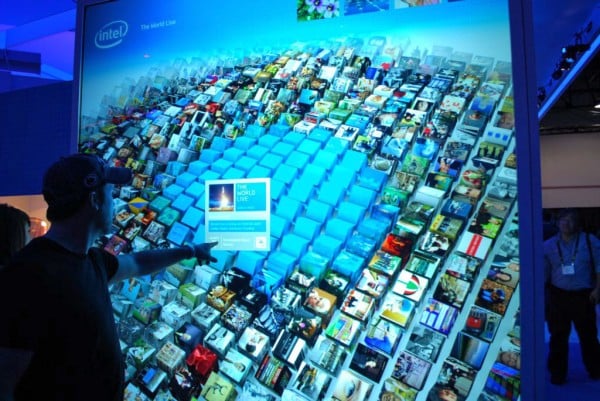
Intel's super-cool Internet content visualizer in 3D, or something like that anyway.



Intel's Booth featuring Light Peak and petite Clarkdale Core i5 goodness
Back in September, we wondered out loud if Intel would productize expansion boards that featured their Light Peak technology or if we would have to wait a bit longer to actually see it in the flesh. We apparently found our answer during our meeting with Intel. They showed us a prototype PCIe board that featured USB-like ports (mechanically only and not actually wired over USB of course) on each side. For the uninformed, Light Peak is an optical, high speed interconnect technology announced at IDF '09 and provides data rates of 10 Gigabits and beyond. It allows the use of multiple protocols on a single fiber-optic cable, provides higher bandwidth than current technologies, and integrates smaller connectors with longer cable lengths possible versus standard copper. Intel claims, though it is very early, that it could very well replace every peripheral connection port on the PC, consolidating all IO communications over a single cable.


